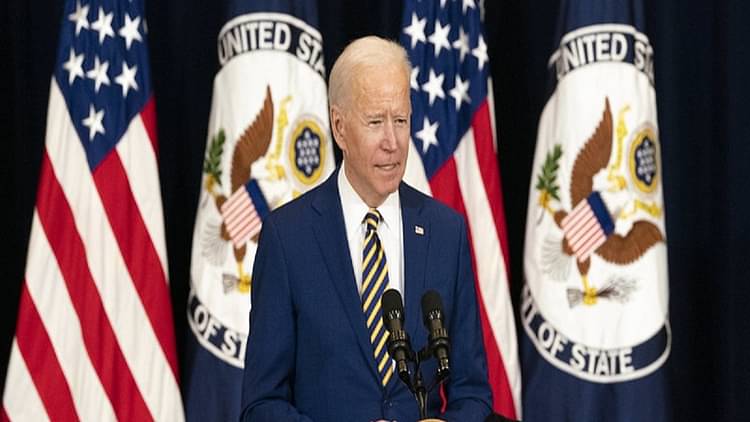Google Search for Web:
Kajal Agrawal
Error validating access token: Session has expired on Sunday, 31-Mar-24 00:00:14 PDT. The current time is Sunday, 20-Apr-25 18:33:42 PDT.
Afghan leadership has to determine if they have the political will to fight back: White House Featured
Super User
12 अगस्त 2021
The Biden administration asserted that the Afghan national forces, which has been trained by it for two decades now, has the capabilities and equipment to fight back.
Amid Taliban forces increasingly gaining ground in Afghanistan with some accounts putting 60 per cent of its territory under their control, the White House said it is for the Afghan leadership to determine if they have the political will to fight back.
Read 1263 times
Published in
International
Latest from Super User
- US Student Visa Revoked: Several Harvard students lose their visas, could face deportation
- Pakistan army crosses LoC in Jammu and Kashmir's Poonch, opens fire, India retaliates
- Saudi Arabia Support Sudan in civil war
- China blocks its firms from investing in US ahead of trade war escalation
- Former Pakistani PM Nominated for Nobel Peace Prize
































